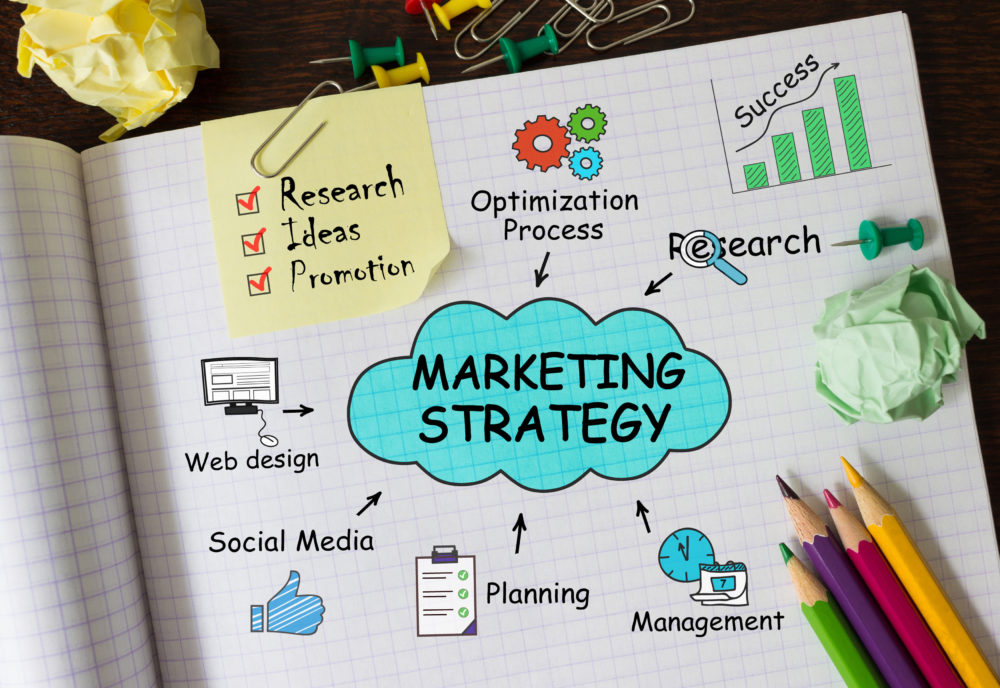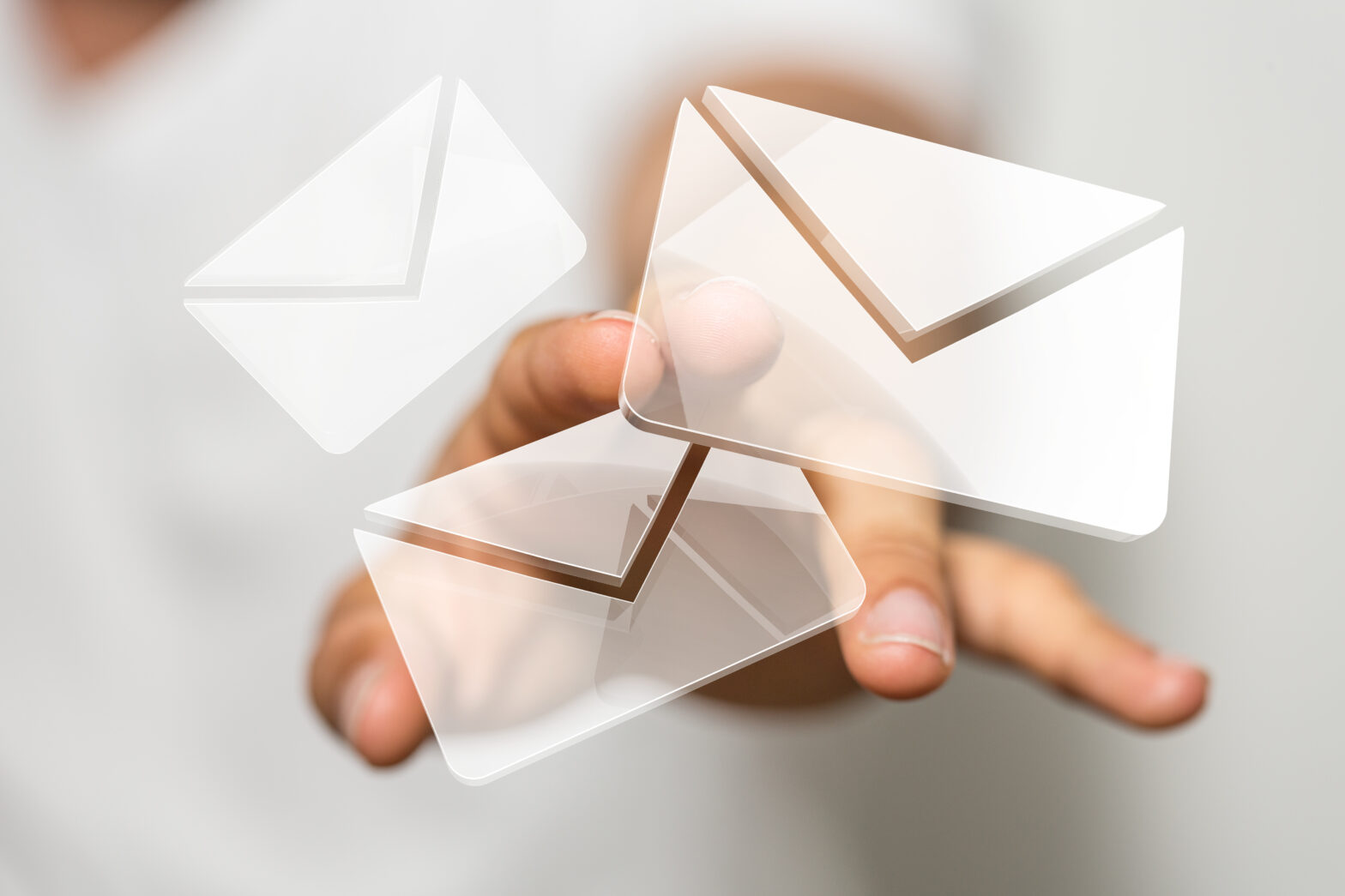Once a defining possession for employees and certainly a prerequisite of any business owner, the business card was part of your armoury as you strode into the meeting room. More than simply housing the contact information you needed to share, it was a physical representation of your professional efficacy. Yet more and more business is now being conducted online, which calls the question: is there a place for business cards in a digital world?
Does paper have a place in the 21st century?
Business cards were a natural evolution from the trade cards that traders and merchants would distribute in Europe around the seventeenth century. Often included on them were maps and what we would recognise now as advertising material: branded imagery, company information and slogans. It was in the nineteenth century and with a leap across the Atlantic to the United States that business cards took on the standard format we now know them by. This was a time when paper was king: it was not only the practical surface of communications, but the component surface of money. All of this would gradually begin to change, however, through the second half of the twentieth century.
Since the 1960s, the vision of a paperless office has been promised to us. The emergence of digitalism brought redundancy to many traditional office staples: the telegram; the fax machine; logbooks. Indeed, paper is almost entirely disappearing from our daily environment. Mobile banking and credit cards have relegated the role of cash, while a request for pen and paper sees the turning out of pockets to find smartphones. Given this trajectory it would seem like business cards, reliant upon both the print industry and a demand for paper artefacts, are doomed.
Exceptions to the rule
Some items have managed to resist modernisation without being relinquished to the annals of antiquity. The business card is arguably one of them. Although there were moments during the dot-com bubble where e-cards sought to become the norm, they never gained traction. So what is the basis for our love of the business card?
The exchange of a physical item helps to jog our memory after meeting people. Consequently, the moment of handing over your business card invites a final chance for you to make a big impression on someone. There is an air of professionalism about having something on-hand, should the question ‘where can I reach you?’ be asked. By contrast, the act of pulling out a phone with a sinking battery life does not. Finally, a business card can silently communicate a level of seniority; a job title.
Just as Skyping is considered secondary to one-on-one meetings, so having a physical token of someone’s identity is better than reading their email signature. This emphasis upon the power of personal interaction explains precisely why offline marketing continues to be such a strong influence on customers of small businesses.
The right cards for your business model
Coming up with a tailored marketing strategy will always be heavily influenced by your product and budget. For small businesses reliant on local outreach, distributing leaflets or leaving your business cards in stores will ensure you become a trusted name within the community. Equally, attending events relevant to your industry is a great way of networking and the perfect opportunity to get your name out there.
Business card design is a polarising topic. Some people insist a card must be unique in order to be worthwhile, with thousands of pounds spent making them from unique materials such as wood and metal. These cards are certainly a talking point and make a big impression, but for most small businesses they simply aren’t necessary. Online print services, such as Print24, are often more cost-effective and can be used to order a variety of other promo materials, such as banners or pamphlets. Of course, no matter the design of your card it is the way you handle it that will ultimately matter; confidence cannot be compensated for.
The view from here
The impact of technology has revolutionised the world we live in, impacting almost every area of our lives. Business cards have certainly taken a hit, but they remain an important part of conducting business. There was a moment when bags and clothing started to acquire convenient mobile phone pockets, marking the phone as an essential part of our daily lives. For the moment at least, there are still compartments in your wallet and jacket built to accommodate business cards.





